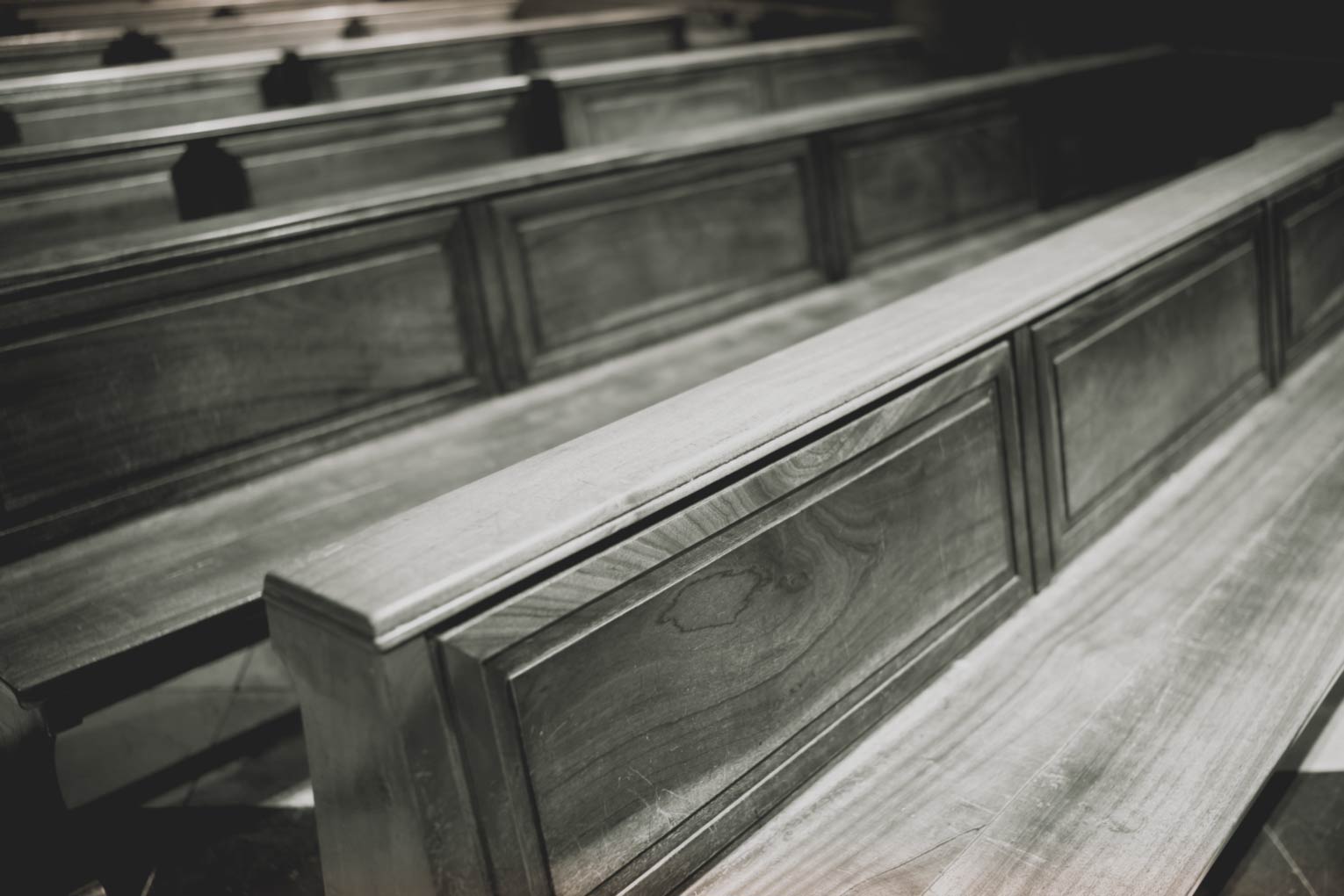
Will conservative religion win out in the end? Yes, suggests Time Magazine's Mary Eberstadt in a piece titled "In Battle Over Christianity, Orthodoxy is Winning". A selection:
The sexual revolution has accomplished what even the fractious Reformation could not. It has divided Protestantism so deeply that traditionalist Anglicans now have more in common with traditionalist Lutherans or even Roman Catholics, say, than with the reformers in their own denominations. And as the proliferation of stricter Anglican churches of Africa go to show, this traditionalism has gone global.
A second fact embedded in this story also has worldwide repercussions. That traditionalist breakaway congregation in Virginia is larger than the one on the legally winning side — as in, much. Membership on the "losing" side, by one estimate, includes some 2,000 souls, as opposed to some 174 in the congregation moving in. And though exact numbers may not always be available, the larger trend is clear: this numerical division between traditionalists and reformers is also seen around the world. It's the stricter Christian churches that typically have stronger and more vibrant congregations — as has been documented at least since Dean M. Kelley's 1996 book, Why Conservative Churches Are Growing.
So, for example, the reform-minded Church of England has closed over 1,000 churches since 1980, with some later becoming discos, spas and mosques. The traditionalist Anglican churches of the Global South, on the other hand, are packed to overflowing and still growing fast. Within the Catholic Church, similarly, the most vibrant renewal movements — Comunione e Liberazione, Opus Dei, Juventutem — are also the most orthodox. Meanwhile, African missionaries from both Protestant and Catholic churches are being dispatched to the West in record numbers — in effect, re-evangelizing the very peoples who carried the cross to men and women of the subcontinent in the first place.
One explanation for the resiliency of religious traditionalism in an age of secularization is demographic. As Jonathan Last shows in his recent book What to Expect When No One's Expecting, if enough people over time decide not to be fruitful and multiply, eventually their churches will disappear. That's because secular people have far fewer children than do believers. The flip side of that observation is equally suggestive. In the future, it is the believers of all faiths whose children will appear disproportionately in an otherwise increasingly childless world, as political scientist Eric Kaufmann showed in his 2011 book, Shall the Religious Inherit the Earth?
As changing views on gay marriage, among others, go to show, secularization marches on. Traditionalists may be on the losing end of historic real estate, at least for now, as well as booed out of the public square for their views on sex. Down the road, though, they still look to possess something else critical — a growing congregation without which every church, after all, is just a bed and breakfast waiting to happen.
There perhaps is grounds for optimism in this historical and cultural logic, but traditionalist Christians in the West have two other great reasons for some reasoned sobriety about the cultural downgrade: 1) a global perspective, in the now, which shows enormous gain for traditionalist Christianity in Asia and Africa, 2) an eschatologically "gospeled" perspective, in the now and for the future, that Christ's kingdom has come, is coming, and will come.

